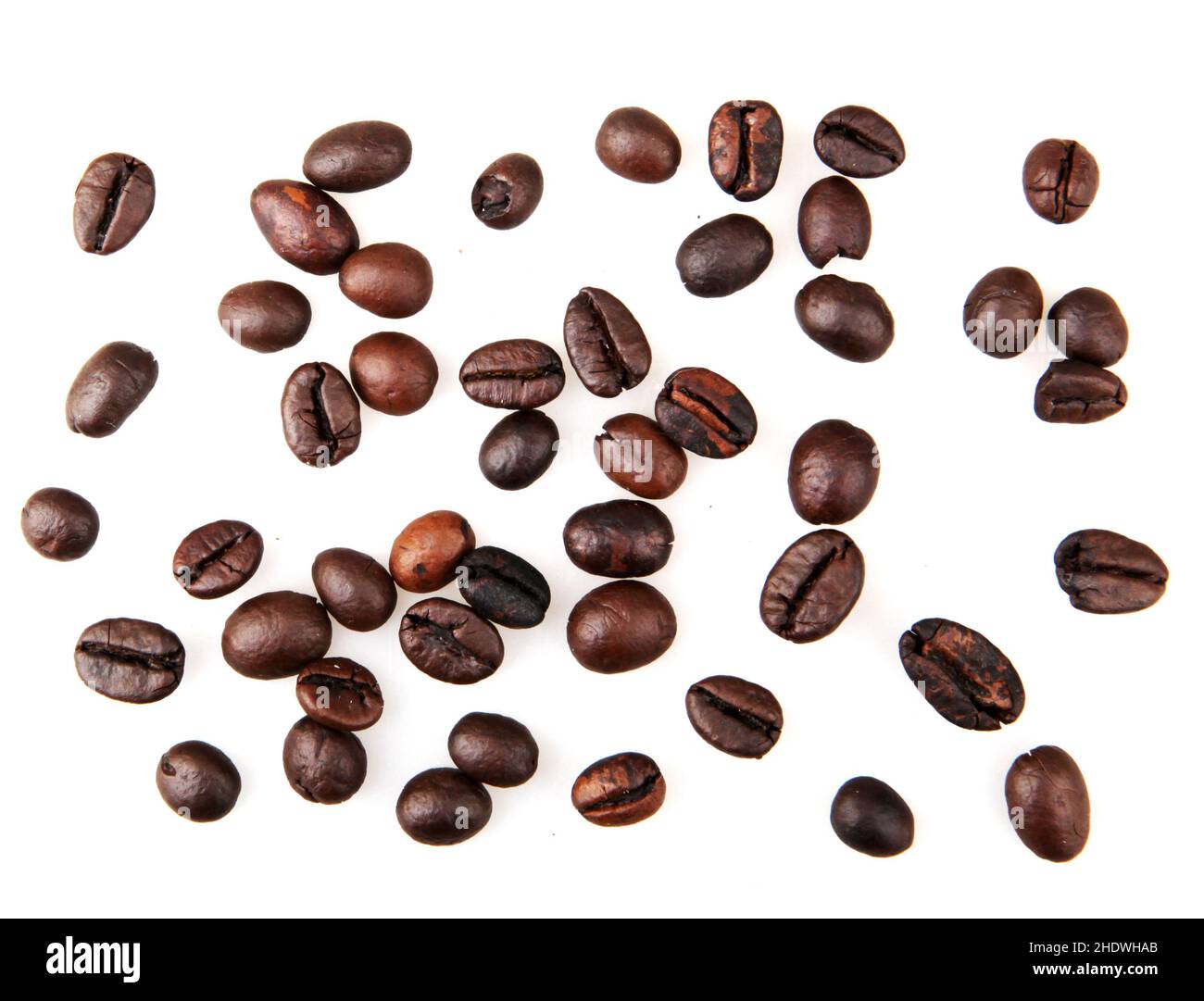Java is more than just a simple habit; it is an art form, a delicate mix of tastes and fragrances that can turn an everyday day into an amazing experience. In the past few years, the rise of premium coffee has taken the world by storm, enticing enthusiasts to explore the unique characteristics of every roast. From the meticulous cultivation of coffee berries to the elaborate brewing techniques, every aspect in the coffee-making process contributes to the ultimate experience you carry in your fingers.
Gourmet coffee offers a path through unique flavor characteristics and sources, showcasing the special features of multiple coffee varieties. Whether you enjoy the smooth and earthy notes of Arabica or the intense flavor of espresso grounds, there is a universe of options waiting to be discovered. With the convenience of 1-kilogram bags available for including whole roasted and milled coffee, exploring numerous blends and flavors has never been easier. Join us as we explore the subtleties of speciality coffee and learn how to create unique flavors in each sip.

Investigating Specialty Coffees Types
Gourmet coffee includes a vast range of premium coffee that is meticulously grown, processed, and crafted to highlight unique flavors and origins. The most popular types of gourmet coffees include Arabica and Robusta, each offering characteristic taste profiles. Arabica is renowned for its velvety, layered flavors and acidity, which makes it favored by coffee aficionados. Robusta, on the contrary, provides a stronger, starker taste with a greater caffeine content, often used in espresso blends to create a fuller body.
In the realm of specialty coffees, single-origin sourced options are highly sought after. These coffees are sourced from designated regions, allowing drinkers to enjoy the distinct terroir connected to their production. For instance, Ethiopian coffee is famed for its floral and sweet notes, while Colombian coffee is noted for its harmonious flavor and mild acidity. Exploring the diversity of these origins opens up a realm of flavors that are unparalleled in blended coffees.
A further exciting aspect of artisan coffee is the range of processing methods that can influence taste. Unprocessed, washed, and honey processes all impart varied characteristics to the beans. Natural processing emphasizes fruity flavors, while washed processing commonly leads to a clearer cup with pronounced acidity. Honey processing strikes a balance between these two, giving rise to sweetness and complexity. Grasping CoffeeHype is crucial for those looking to savor the complete essence of artisan coffee and acknowledge the artistry behind each sip.
Grinding Methods for Flavor Improvement
When it pertains to gourmet coffee, the method of grinding plays a crucial role in revealing the intricate flavors concealed within the coffee beans. Different milling techniques can yield unique results, influencing not only the taste but also the aroma of your brew. Using a coffee grinder is strongly recommended for attaining a consistent grind size, which allows for optimal extraction. For espresso, small grinds are crucial, while a larger grind is suitable for techniques like French press. Investing time in choosing the appropriate grind can greatly enhance the coffee sensation.
Another important aspect of grinding specialty coffee is the freshness of the coffee beans. Whole coffee beans retain their taste far more than pre-ground choices. Therefore, milling your coffee beans just before brewing is best for seizing the full spectrum of tastes. Regardless of whether you're using 1kg of coffee beans or lesser amounts, making sure that your grinded coffee is freshly made can elevate your daily cup. For those trying out at home, consider a portable grinder, which provides convenience without compromising on standards.
Lastly, understanding the type of coffee you are dealing with can affect your milling technique. Specialty coffees, like arabica coffee, may profit from a particular grind size to highlight their unique characteristics. For instance, when dealing with arabica coffee grounds, a mid-level grind can achieve the ideal balance between flavor extraction and brewing time. By paying attention to these aspects and practicing with different grinding methods, coffee enthusiasts can enhance every sip of their crafted drinks.
Opting for The Optimal Beans for Your Brew
As you begin your journey in creating a perfect cup of speciality coffee, picking appropriate coffee beans is crucial. The type of bean you select will significantly impact the flavor profile and overall quality of your brew. Gourmet coffee, especially Arabica varieties, is widely recognized for its deep taste and enticing qualities. Seek out whole coffee beans that are newly roasted, as quality is crucial to achieving optimal flavor. Think about trying out with different roasts to find the right balance that fits your palate.
Additionally important factor to take into account is grind variety of the coffee. Various brewing techniques needs specific grind sizes, such as espresso grounds for a bold shot or coarser grounds for a French press. Investing in quality coffee beans for processing can improve the coffee experience. Freshly grinded coffee beans unveil essential oils and flavors that pre-ground varieties may lack. A quality burr grinder can ensure that you achieve the perfect consistency for your preferred brewing method.
In conclusion, don't overlook the importance of obtaining your coffee beans from reliable suppliers. Gourmet roasted coffee often comes from specific regions known for their unique flavor profiles. Whether you are buying 1kg coffee beans or 1kg ground coffee, focus on sustainability and quality. Investigating alternative origins and preparation techniques will expand your appreciation for coffee, permitting you to relish the unique flavors crafted in every drop of the brew.
